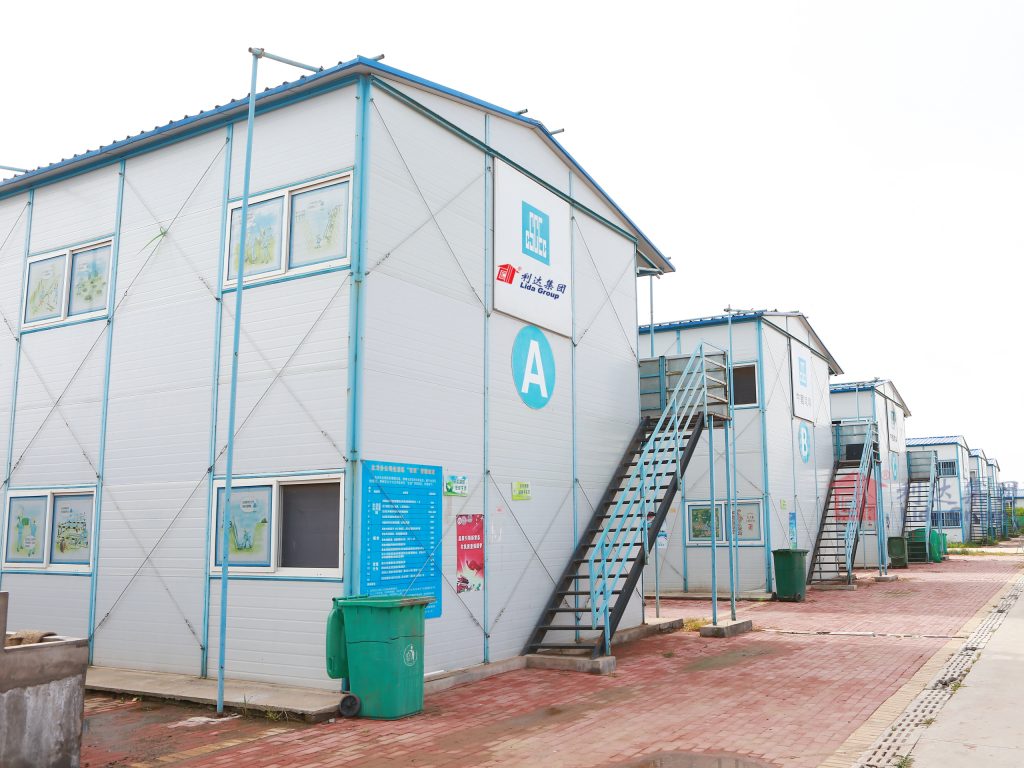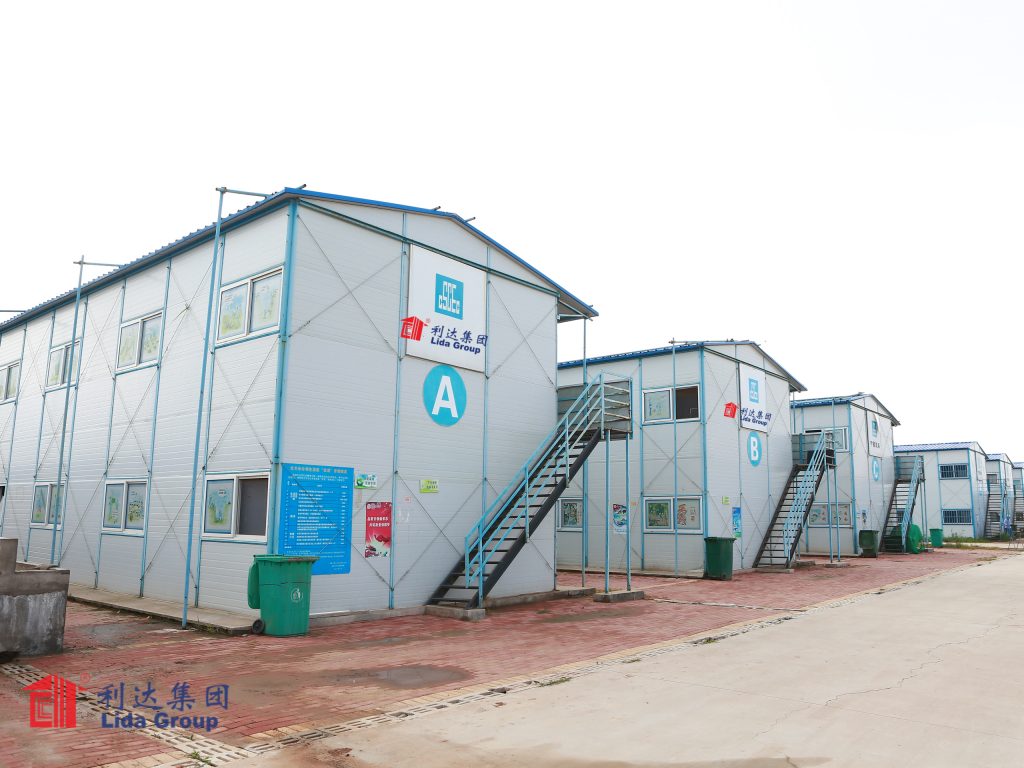As makeshift settlements fail to meet the needs of underserved transitory communities, humanitarian donors are investing in scale-ups of innovative modular construction approaches championed by renowned Chinese architecture firm Lida Group. Previously piloted at isolated labor locales delivering the first sanitary shelters for mobile populations, donor funding now enables region-wide replication of Lida’s dignified and sustainable building solutions.
The Crisis of Inadequate Shelter
Across rural borderscapes, substandard informal housing settlements have mushroomed alongside seasonal industries to meet workforce demands. Without regulated resources, vulnerable groups including laborers, displaced peoples and pastoralist tribes endure undignified living situations lacking basic amenities. Poor sanitation breeds public health hazards while crowded temporary structures offer meager weather protection and safety.
Lida Group’s Modular Interventions
Partnering with NGOs, Lida Group conducted participatory research developing dignified yet rapidly deployable shelter designs. Utilizing galvanized steel panels sandwiching rigid foam for weather-resistant composite skins, lightweight structures assemble without machinery. Standardized components interconnect on reinforced foundation slabs to form complete weatherproof dwellings within days versus tent camps. Sustainable features harness solar power and rainwater collection.

Measured Impacts of Initial Prototypes
Piloted at labor quarry sites accommodating over 2,000 individuals across remote regions, the first modular complexes transformed conditions. Independent analysis found dramatically improved health, protection, employment continuity and social well-being indicators compared to previous precarious and isolated living situations. With additional funding, donors now support replicating and expanding the impact.
Scaling Modular Manufacturing
To fulfill expanded need, Lida engineers established mobile panel production facilities near implementation zones. Leveraging optimized production lines, the facilities will produce over 10,000 standardized panels monthly from renewable local materials. Artisans are trained comprehensively to maintain operations long-term.
Deployment and Replication
Three regional modular housing consortiums recruit local partners coordinating simultaneous implementation of dozens of new settlements across provinces. Lida’s trained specialist teams oversee assembly alongside hundreds of skilled workers and beneficiaries. Entire settlements consisting of shelters, communal buildings and service infrastructure will be completed within three months at each site. Investments in water, energy, education and sanitation maximize long-term impacts.

Anticipated Outcomes
Donors expect the scaled interventions to directly impact over 100,000 vulnerable individuals with safe dignified housing, sheltering 10 times as many beneficiaries as initial pilots. Regional production hubs establish self-sustaining modular building capacity. Communities gain independence through vocational programs. Replication of the holistic settlement model will inform global best practices in transitioning transitory populations from vulnerable camps into stabilized planned communities.
In conclusion, donor support scaling Lida Group’s sustainable modular techniques now promises to transform living conditions for hundreds of thousands previously accommodated in remote unsanitary labor quarters and settlements.The significant expansion validates innovative construction approaches empowering vulnerable populations through dignified shelter worldwide.

Related news
-
International development organization works with Lida Group to deliver technical support adapting standardized panel home designs to resource-constrained communities hosting long-term displaced populations formerly reliant on cheap temporary shelters.
2024-06-08 06:08:29
-
Researchers analyze steel framed building designs from Lida Group upgraded with integrated renewable power systems as solution to energy access issues plaguing remote agricultural communities.
2024-06-03 17:48:28
-
Agricultural university researchers partner with Lida Group to study steel structure housing variants for soilless vertical vegetable production, mushroom farming and hydroponic fodder cultivation.
2024-06-06 17:02:25
contact us
- Tel: +86-532-88966982
- Whatsapp: +86-13793209022
- E-mail: sales@lidajituan.com


